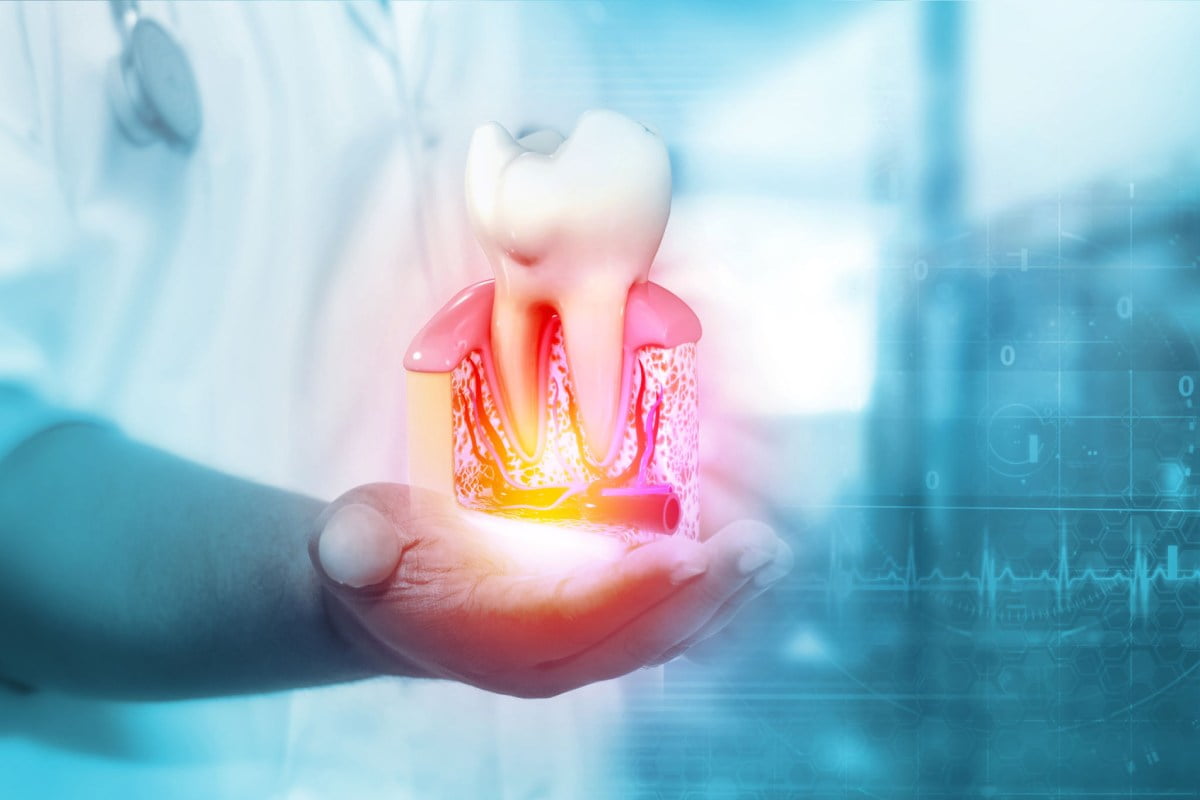
5 Reasons Why You Should Be Proactive About Plaque Buildup
If you’ve ever visited a dentist, you’re probably familiar with plaque and why it’s essential to remove them.
Nevertheless, just because you’ve come across the word plaque doesn’t mean you know its exact meaning. This article goes over what plaque is and why people should be proactive about its buildup.
Table of Contents
What’s Plaque?
If you’ve ever skipped brushing or flossing your teeth for one reason or the other, you’ve most likely experienced the consequences of this when you woke up to having a sticky film cover your teeth.
Simply put, plaque is a dental term for the colourless, sticky film that accumulates between and on your teeth and along your gum line. Plaque contains millions of pathogens that can endanger your oral health. Although not brushing your teeth well exacerbates plaque accumulation, the truth is plaque forms constantly.
If left unchecked, plaque buildup can lead to tartar formation. Tartar refers to hardened plaque consisting of mineralised proteins from saliva and dead bacteria. The best way to eliminate tartar is through professional teeth deep-cleaning. However, if you’re the DIY type, check out the Putney Dental Care guide to tartar removal at home.
Why Should You Be Proactive About Plaque Buildup?
-
Plaque Buildup Can Cause Gum Disease
The most common effect of dental plaque buildup is gum disease. Gum disease occurs when plaque buildup hardens on the gumline. This buildup usually contains bacteria that cause bleeding, inflammation, and irritation. If left untreated, it can result in gum disease.
Gum disease ranges in severity—from mild to advanced. The mildest stage of gum disease is gingivitis which you can reverse with good oral hygiene practices. However, severe manifestations of gum disease can be challenging to treat.
An example of an advanced form of gum disease is periodontitis. Periodontitis occurs when tiny pockets form between gums and teeth. This disease can damage the tissues and bones that keep your teeth in place, affecting your teeth’s functionality and aesthetic nature.
-
Plaque Buildup Can Lead To Bad Breath
When plaque builds up in the mouth, it results in the accumulation of bacteria. This accumulation of bacteria can result in halitosis or bad breath. Even though bad breath isn’t life-threatening, it is embarrassing and can impact one’s day-to-day interactions.
Bad breath can also lead to depression and low self-esteem. Fortunately, you can reverse bad breath by practising good oral hygiene and incorporating healthy foods into your diet. If the problem persists, book an appointment with your dentist.
-
Plaque Buildup Can Cause Cavities
Plaque buildup makes it difficult to maintain good oral hygiene practices like brushing and flossing, and as a result, more plaque and bacteria form on your teeth’s surface.
Accumulation of bacteria and plaque results in cavities and tooth decay. Tooth decay and cavities usually cause bad breath, dental abscesses, and constant pain.
The bacteria in plaque usually produce acids that break down teeth enamel. The bacteria usually produce these acids after they come into contact with sugars or carbohydrates from food. These bacteria acid attacks can result in cavity formation if left unchecked.
Depending on the severity of the tooth decay or cavity, your only choice could be to remove one or multiple teeth. This can impact your social life as it can affect your confidence levels. Additionally, cavities can make eating a chore.
-
Plaque Buildup Can Result In Heart Disease
Recent research shows strong connections between gum disease—caused by plaque accumulation—and heart disease. Lack of plaque buildup removal increases one’s likelihood of suffering from heart disease.
Moreover, gum disease can also affect other body parts and potentially be life-threatening. Studies have indicated that gum disease can contribute to rheumatoid arthritis and dementia. Pregnant women suffering from gum disease also have a propensity for premature births.
The best way to prevent these complications is by visiting your dentist regularly and flossing and brushing your teeth daily.
-
Plaque Buildup Can Result In Tartar Formation And Tooth Loss
Plaque buildup ultimately leads to tartar formation if the plaque isn’t removed. Tartar can make brushing and flossing difficult. The most effective way to get rid of tartar is by visiting a dentist.
Tartar and plaque accumulation often lead to tooth decay. This decay can occur under your gums where it isn’t visible. As a result, it can lead to bone loss and deep gum pockets in the long run—ultimately, it leads to teeth loss.
Wrap Up
All in all, plaque is among the biggest threats to your oral health. If plaque buildup is left unchecked, it can lead to many dental problems such as bad breath, cavities, and gum disease.
The best way to avert plaque accumulation is to establish an excellent oral hygiene routine. This entails brushing your teeth twice a day, eating a healthy diet, regularly visiting your dentist, and flossing every day.


